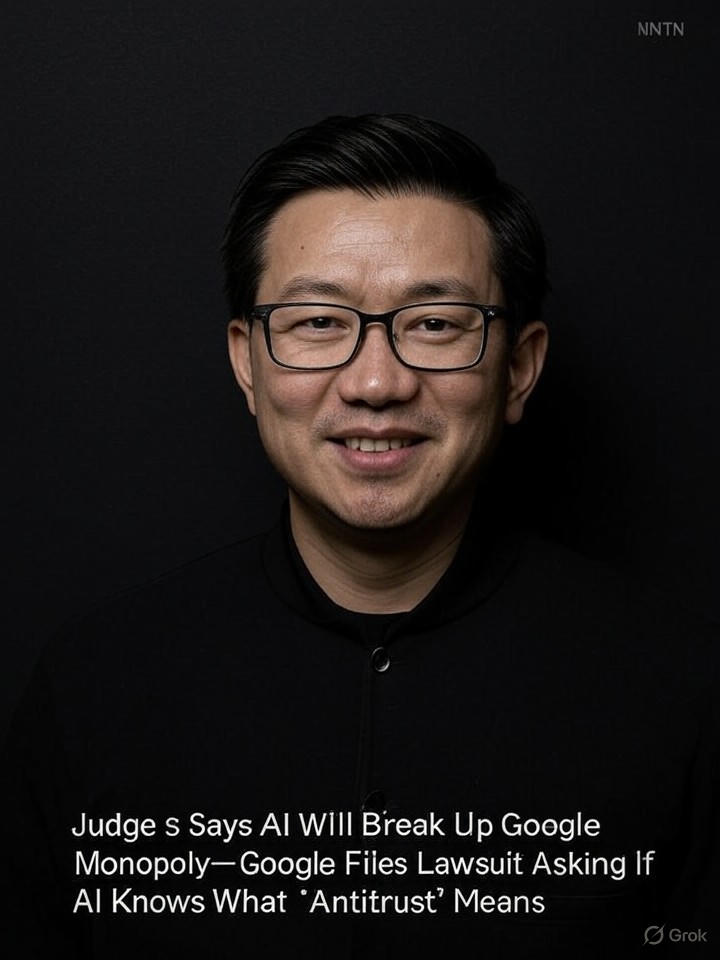In a courtroom drama that's more sci-fi than legal thriller, a federal judge has ruled that AI technology could be the key to dismantling Google's alleged search engine monopoly, prompting the tech giant to fire back with a lawsuit of its own. Google's legal team, apparently inspired by too many late-night viewings of 'The Matrix,' is now demanding to know if AI even comprehends the word 'antitrust'—because if a robot can't spell it, how can it break it?
The original ruling stemmed from a Department of Justice case accusing Google of maintaining an iron grip on online searches, where the judge suggested that emerging AI tools could level the playing field. But Google, not one to go down without a fight (or a cleverly worded press release), has flipped the script. Their lawsuit claims that if AI is going to be the hero here, it should at least pass a vocabulary test first. 'Does ChatGPT know what a monopoly is, or does it just think it's a board game?' quipped one anonymous Google exec.
Legal experts are scratching their heads, wondering if this is a brilliant stalling tactic or just corporate desperation. 'It's like asking if your smartphone knows what privacy means while it's busy tracking your every move,' said antitrust lawyer Brenda Litigate. Meanwhile, AI enthusiasts are thrilled, predicting that this could lead to the first-ever robot deposition, where a neural network is sworn in under oath—or whatever the digital equivalent is.
Google's filing goes further, proposing a series of 'AI literacy tests' to determine if machines are fit to judge human business practices. Ideas include quizzing Siri on Sherman Act trivia or making Alexa explain market dominance without using Wikipedia. Critics argue this is just Google's way of buying time, but supporters say it's about ensuring fairness in an increasingly automated world. 'If AI is breaking up monopolies, shouldn't it at least have a law degree?' argued Google's lead counsel.
As the case unfolds, tech rivals like Microsoft and Apple are popping popcorn, eager to see if Google's ploy backfires spectacularly. In a twist of irony, Google's own AI, Bard, was reportedly consulted for the lawsuit draft but responded with, 'I'm sorry, Dave, I'm afraid I can't define that.' The judge, unfazed, has scheduled hearings to begin next month, promising a verdict that's either groundbreaking or utterly incomprehensible.
Not to be outdone, conspiracy theorists are already claiming this is all a ploy for Google to merge with AI overlords and create an unstoppable super-monopoly. 'First they came for our searches, now they're coming for our existential questions,' tweeted one alarmed user. Whether this lawsuit holds water or crashes like a buggy algorithm remains to be seen, but one thing's for sure: in the battle of man vs. machine, the lawyers always win.
In the end, this could redefine antitrust law for the digital age—or it could just be another episode in the ongoing saga of Big Tech's legal acrobatics. As Google awaits the court's response, the world watches to see if AI will indeed break the monopoly, or if it'll just autocomplete the judge's ruling with cat videos.

